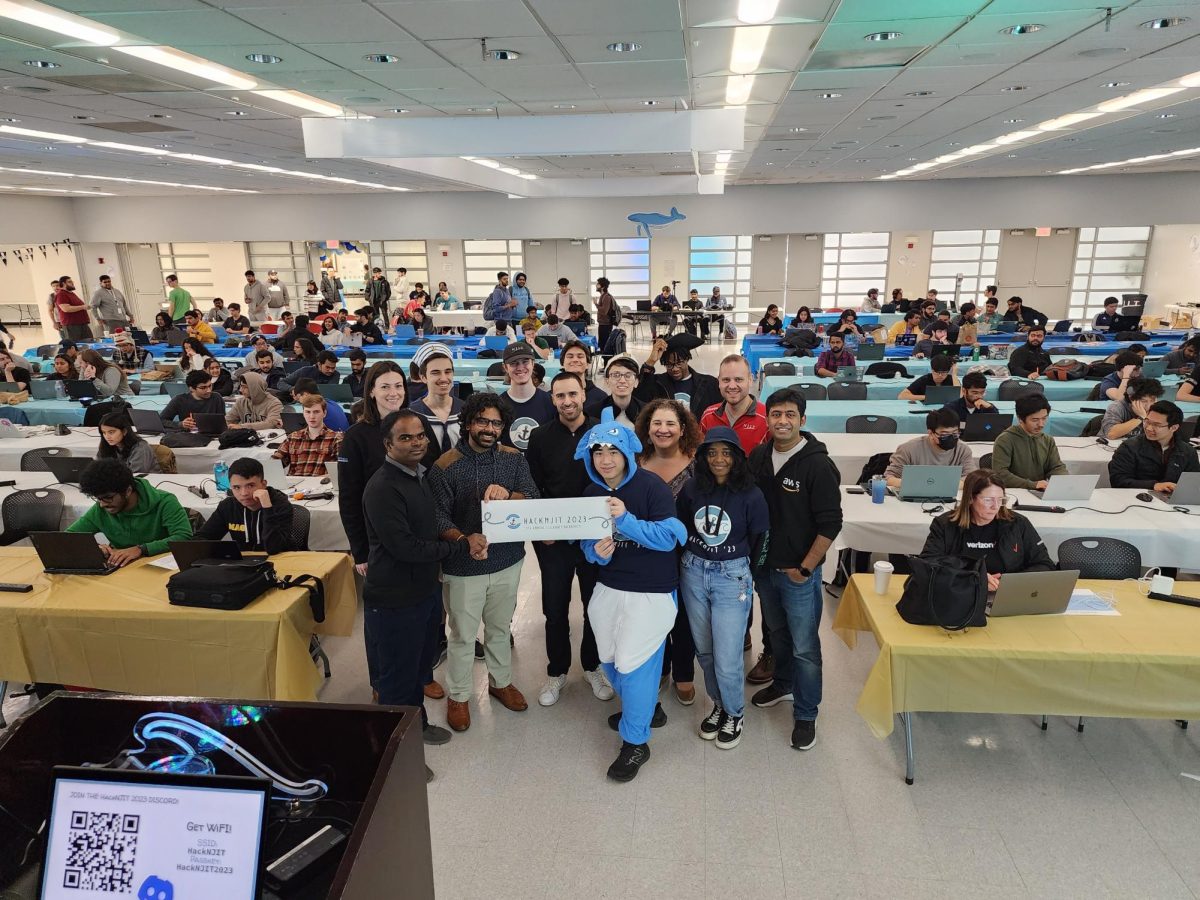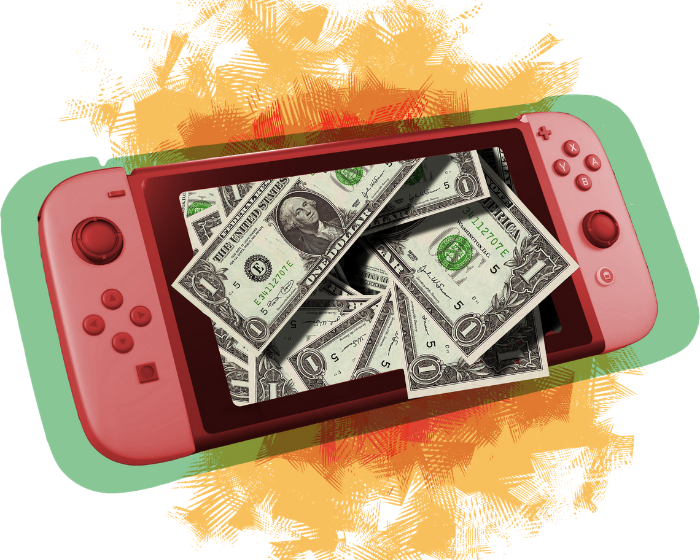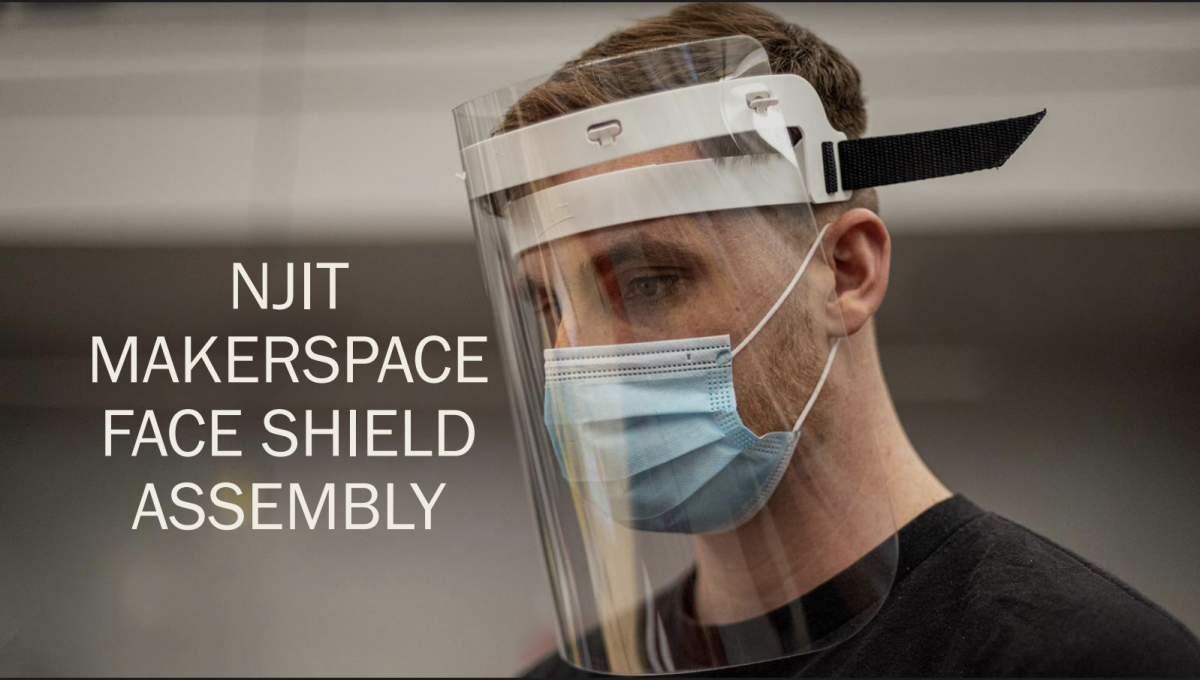Oculus has just released a new VR Oculus Rift, another virtual reality gaming system in the same vein as the Sony Playstation VR and HTC Vive. This was done with collaboration with Windows and retailers now sell it for $599.99 with a 110 degree field of view, and a 1080×1200 screen resolution per eye that is up to par with the HTC Vive, which retails for $799.99. Also, the Oculus is lightweight, weighing 1 lb, far lighter than other models, and was released March 28, 2016. Oculus is a company that was originally funded by Kickstarter and was recently purchased by Facebook for 2 billion dollars.
This headset also has headphones which create a #D audio effect. This is used as a part of a new wave of “VR” or virtual reality games, wherein the gamer wears the VR headset and feels immersed in the game. This headset makes the person who is wearing it feel like the are really inside the actual game.
The Oculus Rift has had a lot of positive feedback and reviews from the YouTube gaming community as well as other gamer sites. The Oculus Rift has 39,000 rifts connected to Steam as of June. This new technology hasn’t really caught up to the mainstream lifestyle for a number of reasons. The product was released 8 months ago and is quite expensive so people who may not have the extra income may be hesitant to buy this product, because well, “is it really worth it?” To Facebook, who bought Oculus, yes, there is money to be made here. Although this is a fairly new concept it is predicted to do well in the market. The implications of virtual reality simulators are vast and wide-reaching. In addition to simply producing immersive gaming experiences, this new technology is a precursor for a future of VR technology and could spread to the medical field for surgery simulation, NASA, and other fields. This is certainly something we will see more of in the future as the technology is further improved upon and developed. As with all new technologies, this will become much more accessible in time, and in a few years it is estimated to be nearly ubiquitous. Perhaps in five years they will be as common in households as Xboxes, Playstations, and other standard gaming systems. Technologies like these are some of the most visible signs of progress, and it is a thrilling thing to see them develop.





































